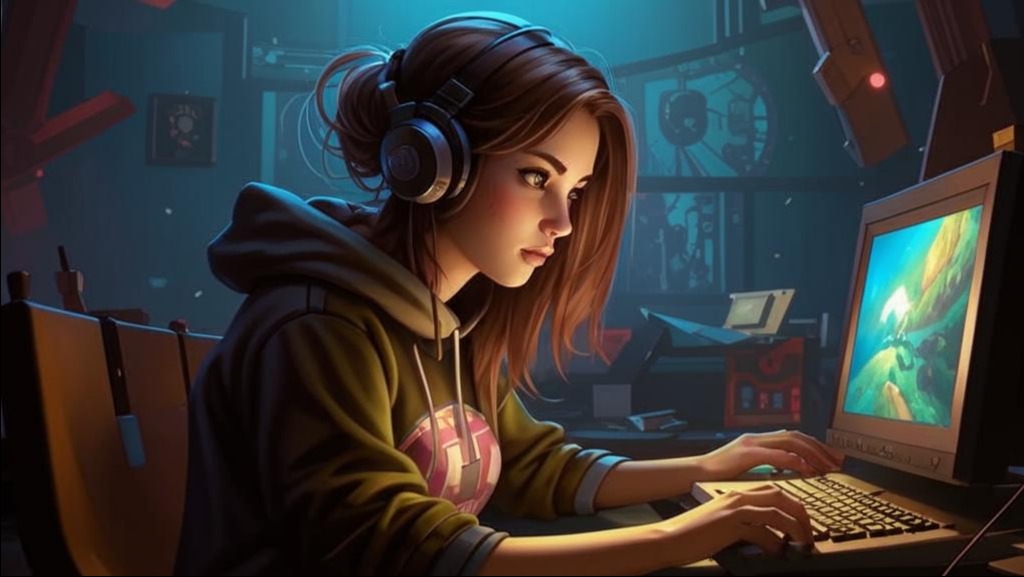AI in gaming
Computer games have long turned from frivolous entertainment into a thriving industry, generating millions of dollars in revenue. This sector also contributes to the development of artificial intelligence and virtual reality technologies. Computer game development combines artistic and scientific elements with disciplines such as psychology, anthropology, cultural studies and sociology. As a result, gamers are honing both social and technical skills at an incredible rate.
The game development industry has even spawned a new movement known as creative coding. Although some sources define it solely as the creation of digital art using code, the game world significantly expands this concept. Creative coding is actively practiced at game development conferences and is included in the curriculum of many software development schools. It is a unique combination of art, design and scientific principles, going beyond traditional thinking, contributing to the creation of an extraordinary experience combining the physical and digital spheres.
Game developers strive to bridge the gap between the digital and physical worlds by enriching digital elements with the ability to interact with the real environment. This allows the program code to "incarnate", responding to the viewer's requests, dynamically changing the context and establishing complex forms of interaction and behavior. Artificial intelligence systems study the behavior of players during the game, going beyond pre-programmed responses, which allows them to dynamically adapt and provide an optimal personalized gaming experience. Let's look at how AI is currently transforming the gaming industry.

